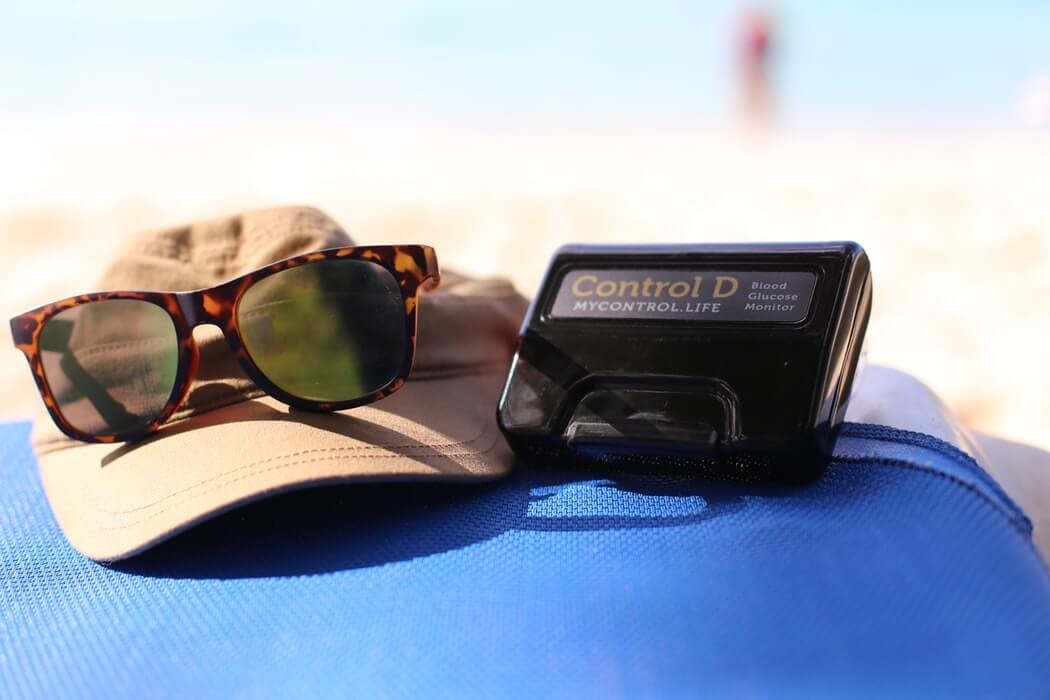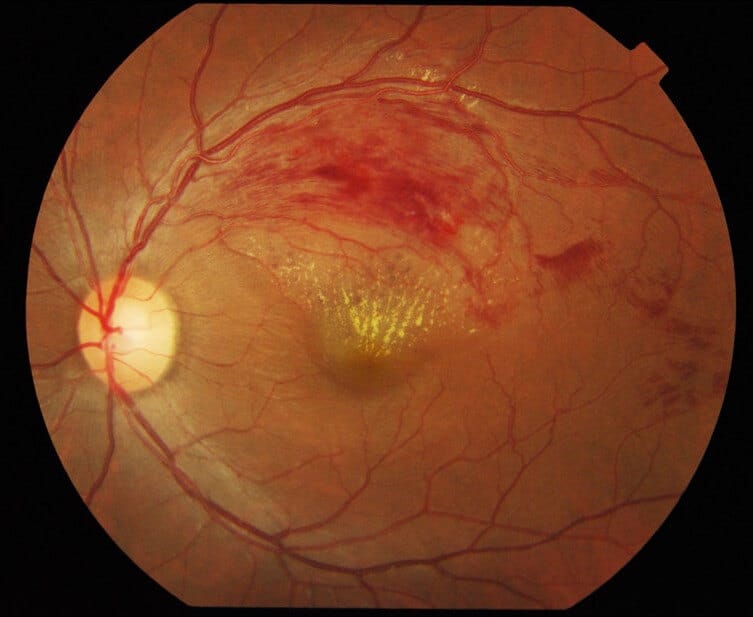How Can High Cholesterol Negatively Affect Your Vision?
Most people are aware that high cholesterol causes health issues, but many aren’t aware of the impact it can have on your vision.
1. Type 2 Diabetes and Diabetic Retinopathy

High cholesterol and obesity are closely linked to the development of Type 2 Diabetes. Type 2 Diabetes is a long term metabolic disorder, which causes high blood sugar levels, reduced insulin levels and insulin resistance.
Type 2 Diabetes has been linked to Diabetic Retinopathy, which is where the blood vessels of the retina become damaged, causing vision loss to varying degrees. Whilst it takes several years for diabetic retinopathy to reach a point where it threatens your sight, the NHS emphasise the importance to attend diabetic eye screening appointments, with an annual screening offered to all people aged 12 or over, to detect any deterioration to the eye.
Treatment – Photocoagulation laser surgery is usually very effective at preventing vision loss caused by Diabetic Retinopathy, however it can only help if it is carried out earlier on in Diabetic Retinopathy development, i.e. before the retina has been severely damaged.
Retinal Vein Occlusion

Retinal vein occlusion is a blockage of the small veins that carry blood away from the retina. High Cholesterol is known to cause fatty build-ups in the body’s veins and arteries and is closely linked to retinal vein occlusion. If blood cannot drain away from the retina efficiently, it can result in a blockage, causing swelling or even haemorrhages. Both swelling and haemorrhages cause damage to the retinal cells, which impacts vision. The extent of vision loss depends on where the blockage occurs / which vein it occurs in.
Treatment – Sometimes the loss of vision caused by retinal vein occlusion can rectify itself naturally, however, treatments for more severe cases include Laser Eye Surgery, Steroid Injections and Anti VEGH Medications.
Corneal Arcus
Corneal Arcus, which is associated with high cholesterol, is where a deposit of cholesterol builds up around the edge of the cornea. This gives the appearance of a grey ring or arc in the eye. Although corneal arcus doesn’t normally impact vision, some patients find the grey ring / arc appearance to the eye unsightly.
Treatment – As corneal arcus doesn’t impact vision itself, treatments are based around controlling the patient’s high cholesterol.
Xanthomas
Xanthomas are non contagious fatty deposits that develop beneath the skin. They commonly produce soft, yellowish bumps on the skin’s surface, however are also known to occur around the eye. While not being directly harmful to vision, they can be disfiguring and, in some cases, burst (eruptive xanthomas).
Treatment – Treatment of xanthomas is usually based around the underlying lipid disorders, which are known to cause the outbreak. Eruptive xanthomas require immediate medical assistance and usually resolve within weeks of medical treatment.
As well as high cholesterol affecting our eyes and vision, it affects your overall health and well being. A well balanced and nutritious diet, plus regular exercise can help combat high cholesterol.
Ready To See Clearly?
Focus has a 100% 20/20 vision success rate for all common short-sighted prescriptions using it’s A-LASIK technique.

